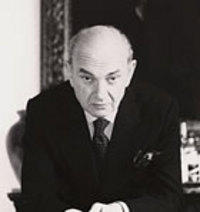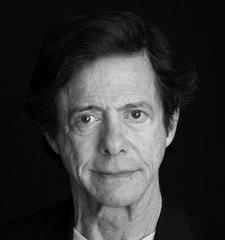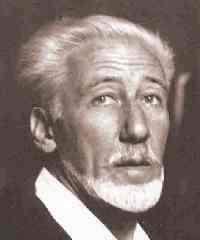Arthur Schopenhauer Quotes - Page 4

Arthur Schopenhauer (2016). “The World As Will And Idea: 3 vols in 1 [unabridged]”, p.211, Kshetra Books
The highest, most varied and lasting pleasures are those of the mind.
Arthur Schopenhauer (2015). “the Wisdom of Life: Top of Schopenhauer”, p.4, 谷月社
Great men are like eagles, and build their nest on some lofty solitude.
Arthur Schopenhauer (2016). “101 Facts of life”, p.26, Publishdrive
Arthur Schopenhauer (2016). “The Essays of Arthur Schopenhauer (illustrated)”, p.63, Full Moon Publications
Hatred is an affair of the heart; contempt that of the head.
Arthur Schopenhauer, E. F. J. Payne (1974). “Parerga and Paralipomena: Short Philosophical Essays”, p.591, Oxford University Press
Arthur Schopenhauer (2012). “Collected Essays of Arthur Schopenhauer”, p.44, Simon and Schuster
Arthur Schopenhauer (2016). “101 Facts of life”, p.40, Publishdrive
Arthur Schopenhauer (2015). “The World as Will and Idea 1: Top of Schopenhauer”, p.85, 谷月社
Arthur Schopenhauer (2016). “101 Facts of life”, p.25, Publishdrive
Arthur Schopenhauer (2012). “The World as Will and Representation”, p.584, Courier Corporation
Arthur Schopenhauer (2015). “The Art of Controversy”, p.56, Arthur Schopenhauer
Arthur Schopenhauer (2016). “The Wisdom of Life”, p.30, Cosimo Classics
Arthur Schopenhauer (2007). “Parerga and Paralipomena: A Collection of Philosophical Essays”, Cosimo, Inc.
There is no doubt that life is given us, not to be enjoyed, but to be overcome; to be got over.
Arthur Schopenhauer (2015). “The Essays of Arthur Schopenhauer - Counsels and maxims (illustrated)”, p.4, Full Moon Publications
There is no more mistaken path to happiness than worldliness, revelry, high life.
Arthur Schopenhauer (2015). “Counsels and Maxims”, p.35, Arthur Schopenhauer






